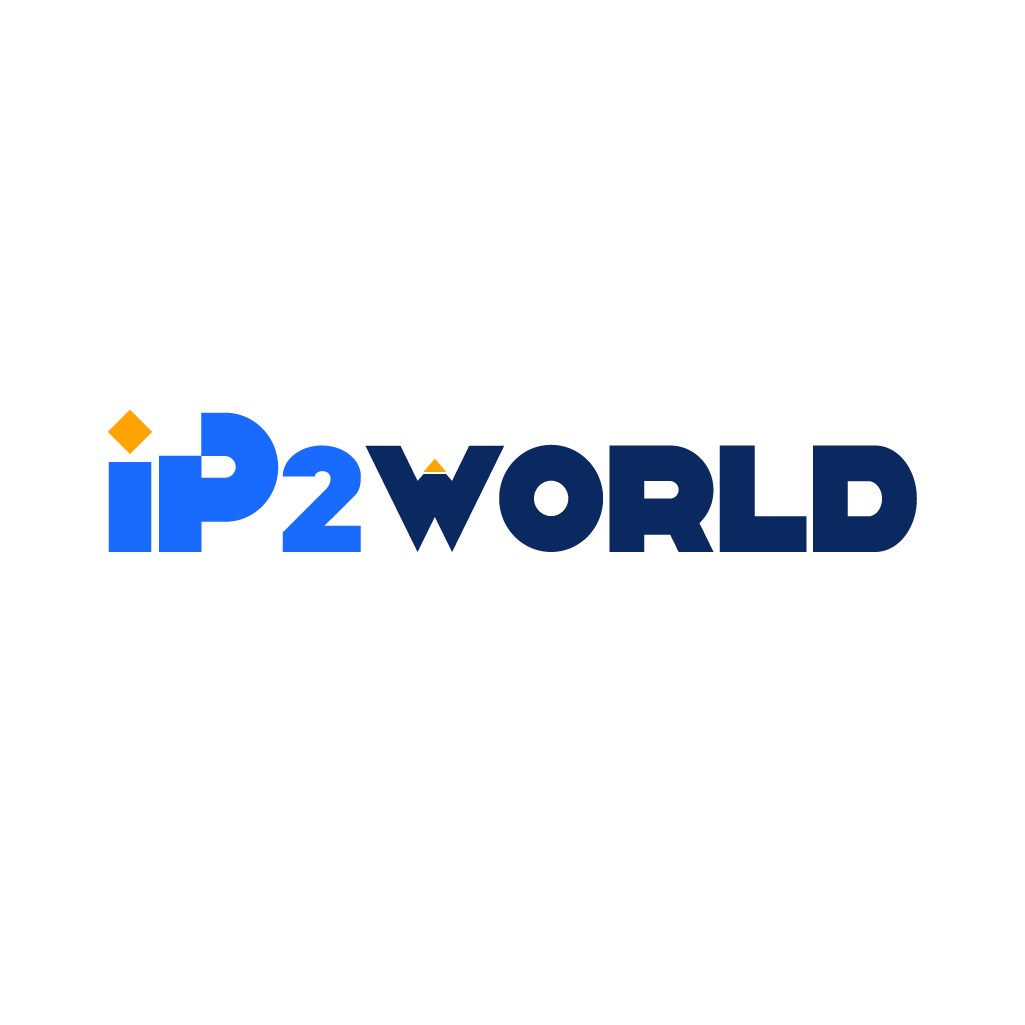The digital age has woven an intricate web of connections, transcending borders and blurring geographical lines. Yet, while the internet promises global access, there are myriad gateways and barriers that influence our online experiences. One such gateway is the use of proxies, a tool often used to navigate the landscape of geo-restrictions and ensure a free and open internet. What are Proxies?A proxy server acts as an intermediary between the user and the internet. When you send a request to access a particular website, it goes through the proxy server first, which then forwards the request to the website. Upon receiving the website's response, the proxy server directs the information back to you. This process masks your original IP address, making it appear as if the request originated from a different location. Different Types of Proxies:1. Residential Proxies: These proxies use IP addresses provided by Internet Service Providers (ISPs) to homeowners. They are genuine and are associated with a specific location. Because of this, they are less likely to be blocked or detected as proxies.2. Datacenter Proxies: These are the most common types of proxies and are not affiliated with ISPs. Instead, they come from secondary corporations and provide no physical address, often leading to faster response times but a higher chance of being identified as a proxy.3. Mobile Proxies: These utilize mobile internet connections, thus making them harder to detect and block. They are especially useful for tasks related to mobile-specific operations. Why Use Proxies? 1. Overcoming Geo-Restrictions:In today's digital age, geo-restrictions stand as one of the primary barriers to a truly global internet experience. Many digital platforms, be it streaming services like Netflix and Hulu or online marketplaces, often have content or products that are exclusive to specific regions. This is typically due to licensing agreements, regional laws, or even business strategies tailored to cater to the nuances of each market. Proxies act as a bridge, allowing users to virtually "relocate" their digital presence. By doing so, users can seamlessly access content that would otherwise be off-limits. For a content maker or someone involved in digital marketing, being able to bypass these restrictions could be invaluable in understanding global content trends and ensuring a broader reach. 2. Ensuring Online Anonymity:The growing concerns surrounding online privacy have made online anonymity more crucial than ever. With cyber threats like data breaches, hackers, and surveillance, maintaining one's digital footprint discreetly is paramount. Proxies provide this cloak of invisibility. By masking the original IP address, proxies make it challenging for malicious entities to track a user's online activities or launch targeted attacks. For journalists working in oppressive regimes, whistleblowers, or even regular citizens concerned about their online privacy, proxies act as a protective shield, ensuring their online interactions remain confidential. 3. Balancing Internet Traffic:The digital operations of large enterprises often entail massive data exchanges, which can lead to network congestion and slower response times. Such delays can be detrimental, especially for businesses operating in real-time environments like stock trading platforms or e-commerce websites during peak sales. Proxy servers help alleviate this strain. By distributing the incoming traffic among multiple servers, they prevent any single server from being overwhelmed. This ensures consistent performance, reduces the risk of server crashes, and guarantees a smoother online experience for the end-users. 4. Conducting Market Research:For businesses looking to expand or understand international markets, proxies are a goldmine. Traditional market research might be influenced by regional biases, or certain data might be inaccessible due to geo-restrictions. Proxies, however, can simulate a user from any region, allowing businesses to access websites, e-commerce platforms, or even competitor sites as a local user. This provides invaluable insights into regional preferences, pricing strategies, and local competition, enabling businesses to tailor their strategies more effectively and make informed decisions. Navigating Responsibly: Proxies, while powerful tools, come with their own set of responsibilities. The allure of online anonymity and unrestricted access can sometimes lead users down a path of misuse. Accessing copyrighted content without the necessary permissions, for instance, is not just unethical but also illegal in many jurisdictions. Similarly, using proxies to engage in illicit activities, misrepresent oneself, or commit fraud is a blatant misuse of the tool. It's imperative that users understand the legal landscape of their respective regions concerning proxy usage. Many countries have clear guidelines about what constitutes legal and illegal use of proxies. Furthermore, users should also be aware of the ethical dimensions. Just because one can access certain information or content doesn't always mean they should. Responsible navigation, coupled with an understanding of the associated legal and ethical framework, will ensure that proxies are used constructively, maximizing benefits while minimizing potential pitfalls. In Retrospect:In our interconnected world, proxies have emerged as a significant tool, bridging gaps and ensuring seamless internet navigation. Whether it's for personal use or business purposes, understanding proxies and their functionalities can greatly enhance our digital experience. Yet, as with all tools, it's the responsibility of the user to employ them judiciously and ethically.
2023-10-19
